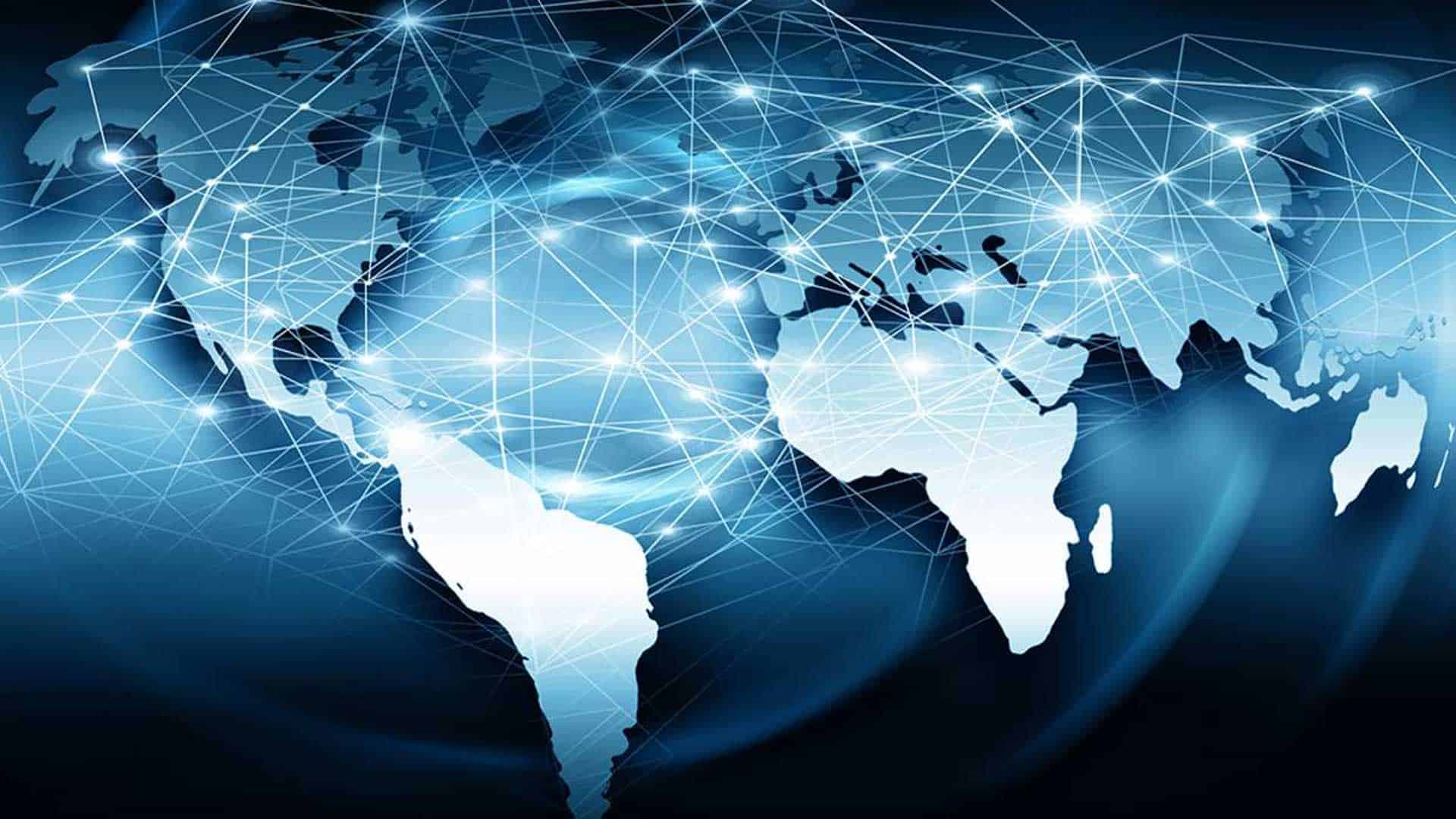
The global internet faces the threat of being splintered into to a collection of regional internets. Many of the experts consulted for the Atlantic article on this topic, consider the occurrence to be only a matter of time.
When I read this, it shocked me to learn that I feel protective and proud of the World Wide Web the same way I do of the American value system (ie. human rights, democracy, the American dream). For better or worse, I believe the internet has become an idealized standard which inspires the best, most optimistic side of humans and business. And I believe it’s our duty to protect our best intentions for it.
Do you remember a time before the internet existed? Back when international communication depended on complicated country and area telephone numbers, blue airmails, and a healthy dose of disbelief that correspondence of any kind would actually work?
I do. To me, the world felt too big, unknown, and unwelcoming.
Today, however, I find the same world feels knowable, welcoming, and just big enough to think I might be able to try it all. I attribute much of that change to how easy technology and the internet has made it to talk across geographies, time zones, languages and even cultures.
We’ve overcome boundaries by using the global internet to dissolve the questions of ‘how’ and ‘where’ so we can focus on more interesting questions like ‘who’ and ‘what.’ I engage with clients across the world and partner with agencies who work while I sleep without anyone feeling farther than my inbox.
Imagine if we were to suddenly implement new boundaries and limitations that call out differences and complicate our ‘how’ and ‘where’ again? How would this change the way we all view and experience the world? How would it shape new prejudices and misrepresent true intentions?
The arguments for a regional network are not unreasonable in and of themselves: tighter control on information, regional commerce oversight and management, localized data storage, and (the big one) the opportunity to capture more money. But these arguments discount the mistrust and distance that inevitably result from erecting walls of any kind, even if they’re digital.
Let’s be clear: I am NOT A TECNHICAL EXPERT ABOUT THE INTERNET. I might be able to answer a 100-level Jeopardy question about how it started and reset my modem in the event of a storm, but that about maxes me out. Still, I believe I am qualified to talk about what it would mean if it fractured into regionally managed entities because the change could trigger a global paradigm shift for non-technical users, such as myself, and set us back decades in how we perceive ourselves as a global community.
The global reach of the internet today is critical in that it unites communities virtually while representing and upholding our most optimistic aspirations for ourselves in digital space. I believe that we need to challenge ourselves to be worthy of those goals and to trust our neighbors to do the same by resisting efforts that would keep us from a shared global internet.

